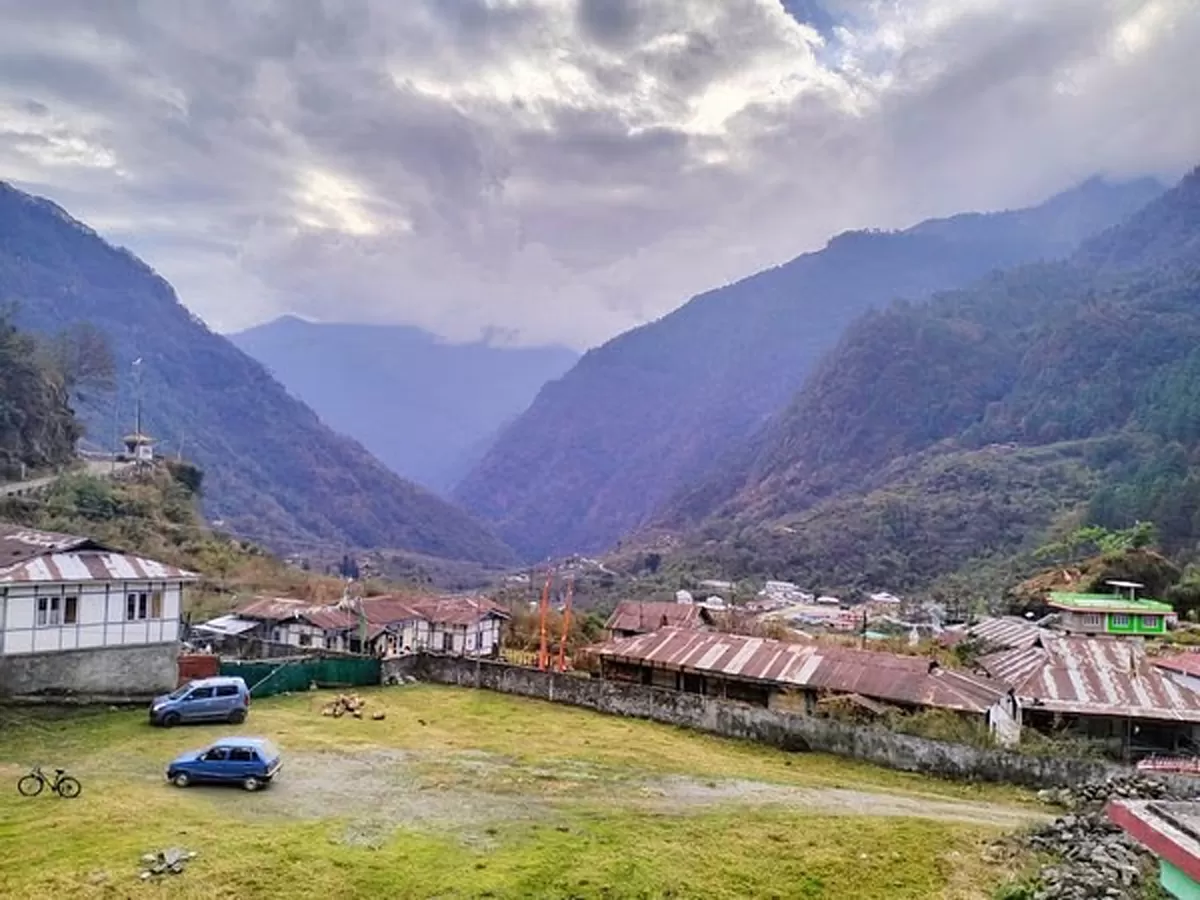
Noida Authority Seeks ED's Help to Recover Rs.191.9 Crore from Developers

Arunachal’s Hydro Corp Earns Carbon Credits Milestone
The Hydro Power Development Corporation of Arunachal Pradesh (HPDCAPL) has received verified carbon credits for its 3 MW Zemithang hydro project in Tawang, making it the Northeast’s first in the voluntary carbon market.The Universal Carbon Registry issued credits for FY 2022–23, with the project having generated 16,326 tonne so far and targeting 97,783 tonne by 2028.The plant uses 1.5 MW pelton turbines and remains HPDCAPL’s only commissioned project. The initiative supports India’s net-zero goal by 2070.CMD Toko Onuj is steering HPDCAPL towards becoming a green energy and carbon tradi..

Chandigarh Power Infra to Be Upgraded
Chandigarh Power Distribution Limited (CPDL) has announced plans to invest Rs 9.56 billion over five years to modernise the city’s ageing electricity network.Over 50 per cent of existing infrastructure is outdated, leading to frequent breakdowns. CPDL proposes tariff revisions to fund upgrades including new transformers, underground cabling, smart meters, and customer care centres.The Capital Expenditure (CAPEX) plan has been submitted to the Joint Electricity Regulatory Commission for approval.To improve communication, CPDL has also launched a KYC update drive for consumers. ..

Jayakwadi Hydro Plant Shut Since Dec 2023 for Repairs
The 12 MW hydroelectric plant at Jayakwadi dam, Chhatrapati Sambhajinagar, has been offline since December 2023 due to turbine vibration issues.Officials say continued use could damage machinery. Three firms have submitted maintenance bids, which are under review by MAHAGENCO.The plant’s fast response—ready in 5 minutes—and low cost (50.56 paisa per unit) make it valuable for peak demand. Water used in the process is also pumped back into the reservoir...



















